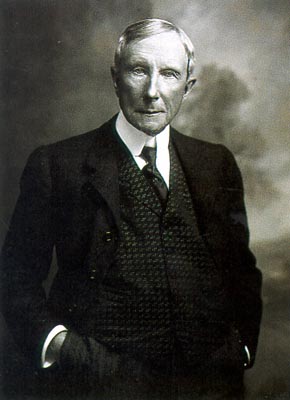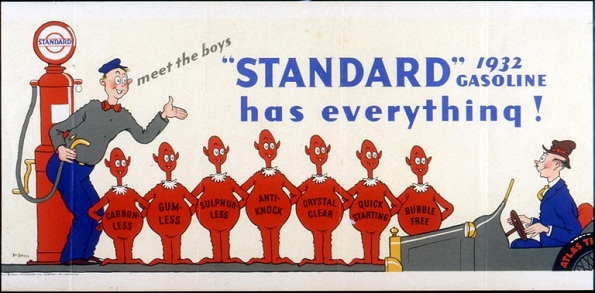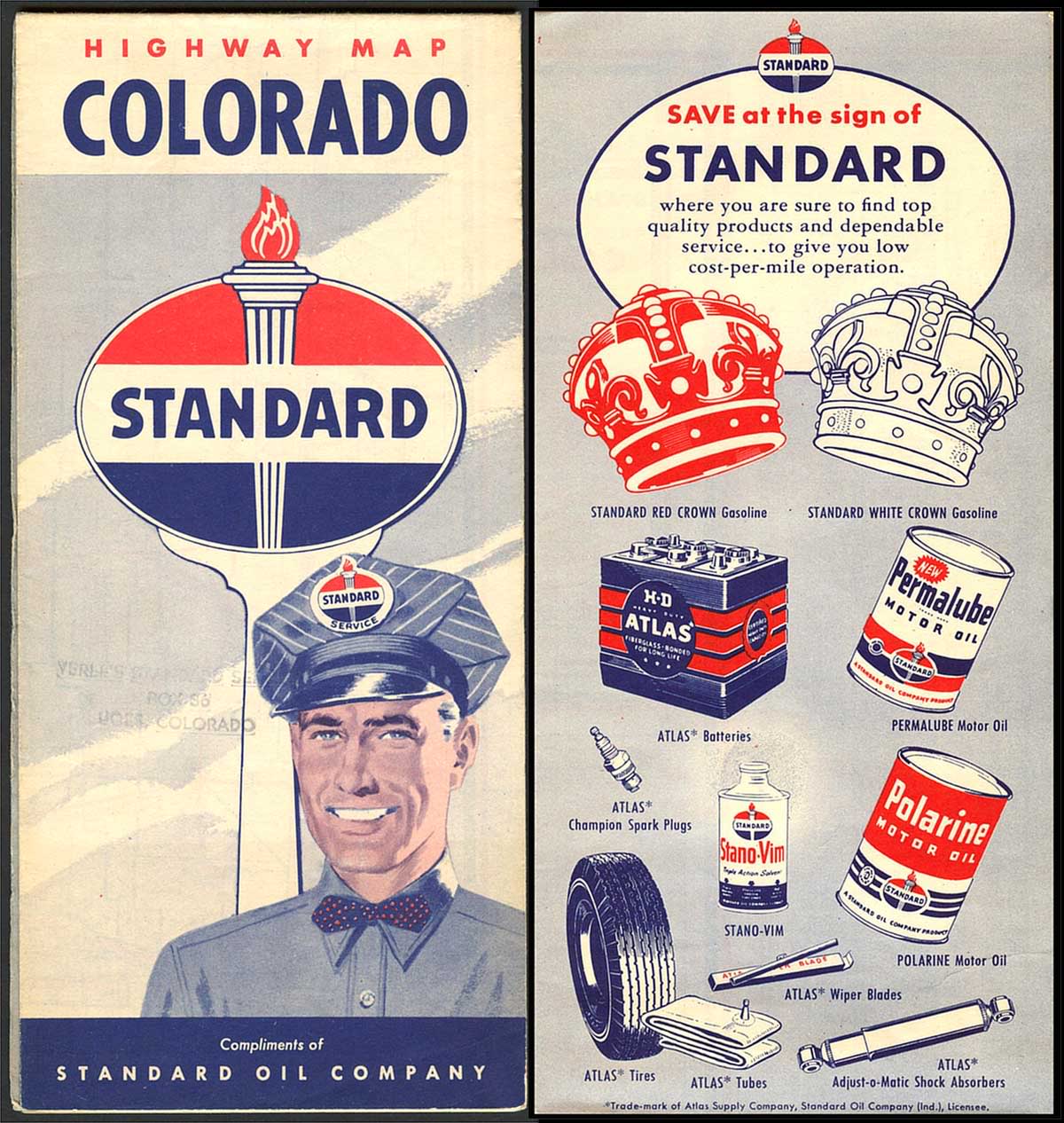With the Amazon and Hachette controversy in the forefront of many of our minds, it seemed wise to seek the opinion of someone who could offer a fresh view based on hard-won personal experience. Fortunately, John D. Rockefeller agreed to share his perspective here.
 Kenny: Hi John. I appreciate you taking time from your… retirement, to weigh in on on the current societal controversy regarding Amazon.com’s role in the economy and in the publishing world in particular.
Kenny: Hi John. I appreciate you taking time from your… retirement, to weigh in on on the current societal controversy regarding Amazon.com’s role in the economy and in the publishing world in particular.
John: It’s my pleasure, Kenny. Well overdue that someone took the time to make contact with me on this issue. Initiative is never without its reward, my man.
Kenny: Now some people have suggested that Jeff Bezos is out to make you look like a piker in the monopoly department.
John: That is a very foolish statement. Standard Oil was marked by honest, clearly stated aggression with clearly intended results. We sought to do our part in ridding the world of the evils of competition, and helping people to govern themselves more effectively by placing them in the rigid and rigorous structure which mediocre individuals require to better themselves and perform on a higher level. Amazon.com, on the other hand, seeks to extinguish competition through propaganda, pandering to weak human impulses to achieve an ignoble effect, and on cheap dissimulation.
Kenny: Well, even objectively stated, Amazon is still some distance from the Monopoly threshold standards stipulated by Sherman which you, uh, achieved.
 John: That is precisely the point. The monopoly threshold standards in Sherman were written for Standard Oil. The economy has drastically changed since then and the Department of Justice has fallen into the old trap of fighting the last war. For one thing, Amazon’s extensive diversity of retailed items insures that the idea of any particular threshold being met will be thwarted by dilution and thus still remain below threshold taken as only a portion of Amazon’s whole. They have, I must admit, done a brilliant job of conning the DOJ into using the existing laws against their enemies in the Agency Pricing case. An admirable irony if you go in for that sort of thing.
John: That is precisely the point. The monopoly threshold standards in Sherman were written for Standard Oil. The economy has drastically changed since then and the Department of Justice has fallen into the old trap of fighting the last war. For one thing, Amazon’s extensive diversity of retailed items insures that the idea of any particular threshold being met will be thwarted by dilution and thus still remain below threshold taken as only a portion of Amazon’s whole. They have, I must admit, done a brilliant job of conning the DOJ into using the existing laws against their enemies in the Agency Pricing case. An admirable irony if you go in for that sort of thing.
Kenny: I see, you also mentioned a difference in character between Standard Oil and today’s Amazon.com?
John: We were never duplicitous. There was no twaddle about everything being for the customer, or the children, or the doggies. I preferred to let my actions talk and leave the nature of things for ineffectual minds to chew their cud on. I meant to make a huge profit, and that’s what I did. Amazon panders to the stock market rather than just making money. The idea of profit with them lies in harming other businesses without benefiting themselves monetarily. That, I consider a perversion.
Kenny: How do you interpret their current standoff with Hachette?
 John: They want other businesses to dig their own graves. It’s that simple. They want the publishers to subsidize the predatory pricing that is threatening the viability of their own industry just so their sales numbers won’t drop. Not to my taste at all. A dirty business. Crush your enemies and reward your servants. None of this cheap, perverse duplicity.
John: They want other businesses to dig their own graves. It’s that simple. They want the publishers to subsidize the predatory pricing that is threatening the viability of their own industry just so their sales numbers won’t drop. Not to my taste at all. A dirty business. Crush your enemies and reward your servants. None of this cheap, perverse duplicity.
Kenny: Do you feel that there is anything to the argument that books have a special role in society?
John: Of course they do. I made my money on oil. Carnegie on steel. True commodities. We would never have sought to turn culture itself into a commodity. As I have said: perversion is not a stabilizing influence.
Kenny: What advice do you have for Amazon’s opponents?
John: Advocate for the laws to reflect the current, much lower, vertical and horizontal thresholds required to cripple competition. Do not allow diverse items to be considered part of some unholy basket of pricing policies. Keep in mind that the definition of competition is as variable as that of freedom. If you believe in service based competition then be an honest fool, tell the Department of Justice to stop making an ass of themselves, not to behave like a Rottweiler chasing after decades-old rotten meat, and to allow minimum pricing. Live in the present, and stick to what you believe in.
Kenny: Thank you, John. I appreciate your sharing these candid reflections with us.
John: I have enjoyed our chat, Kenny. It was a welcome diversion to be sure.

Dear Mr. Rockefeller —
Congratulations on your prescience and excellent taste in securing the services of Theodor Geisel, later known as Dr. Seuss, for Standard Oil advertising artwork! This certainly raises your credibility among children’s literature aficionados.
“Amazon.com, on the other hand, seeks to extinguish competition”
Really, more books and authors are being published than ever before. Check out Amazon’s page and you will see thousands of third party seller competing with Amazon on their own site. You can demonize Amazon all you want. When was the last time you saw a customer in your store checking out prices online and offered to match that price? Bought a book back and sold it used? Just keep preaching to the choir.
Bookseller since 1975 and a third party Amazon seller now and darned proud of it..
And a lot of folks go broke drilling dry holes.
Nice hearing from you, Mr. Rockefeller. Even though you’re 175 years old you don’t look a day over a hundred.